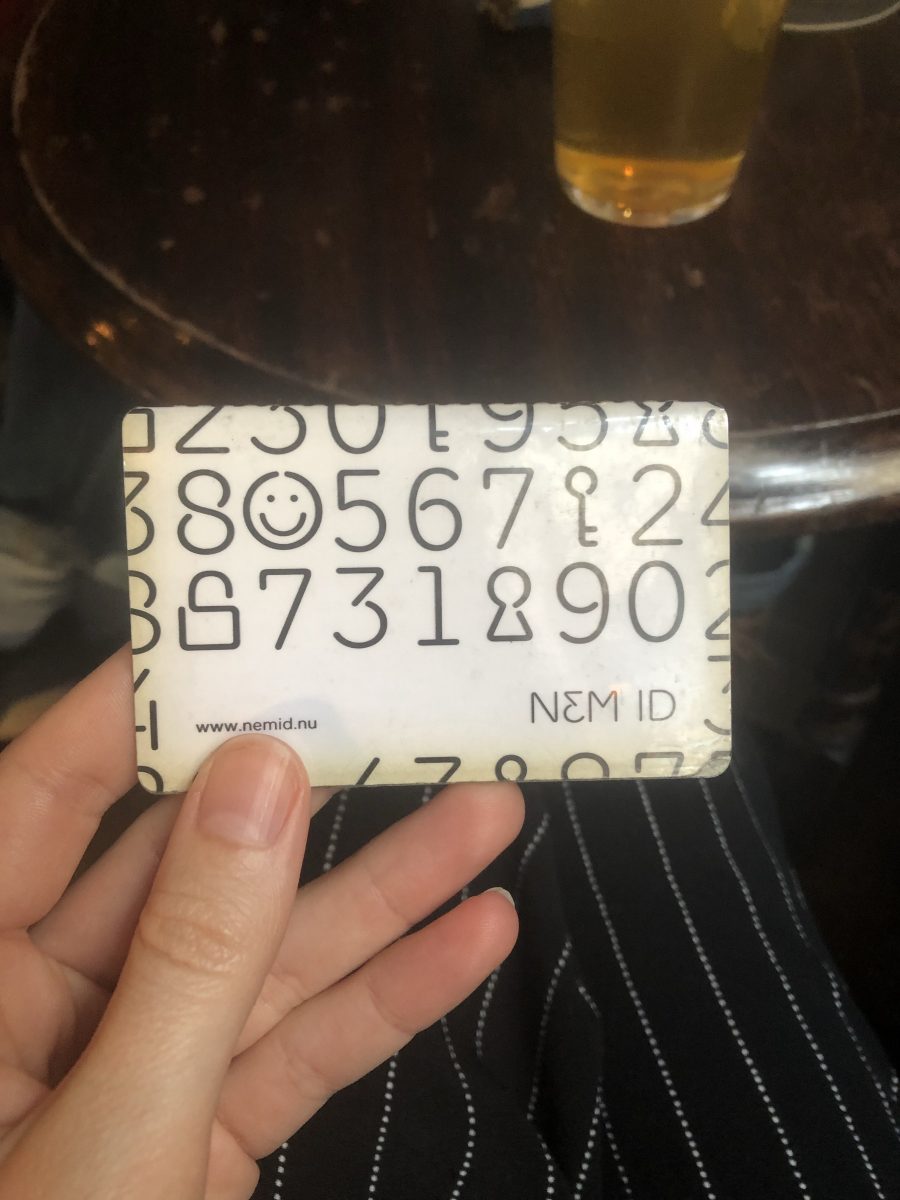I rely heavily on messaging services since many of my friends and family (probably the majority) live outside of the UK, as do some critical professional contacts. I mainly use WhatsApp for encrypted messaging but have wanted to move away from it for some time due to concerns about Facebook. The recent news regarding the integration of WhatsApp, Instagram messages, and Facebook Messenger has been the catalyst for actual change within my group of peers.
The Q&A below is an amalgamation of many different conversations I am having at the moment about moving to a more privacy-first messaging app. I have focused on Signal and Telegram for the time being since they seem to be the most likely candidates.
I’ve done my best to pull together this information in a fairly short time, and some of it is new to me. If any of it seems incorrect, let me know.
I have nothing to hide, and I have no fear of my data being used against me by a private company or the government. Why should should I make data privacy a priority when I’m choosing a messaging app?
There are many ideological arguments against the “I have nothing to hide” viewpoint, most of which I agree with. That said, it can be near-impossible to agree 100% on ideology, so perhaps it is better to consider the practical.
When your messages are not encrypted, their contents are visible to anyone that has access to them. In an ideal world that would only be you, the recipient, and whatever app you use to manage your messages. Unfortunately, the reality is more complicated and there are many weak points that can be exploited. For example, if the WiFi network you’re on is insecure, your messages will be exposed to unintended prying eyes. Think of the last time you connected to WiFi in an airport, hotel, or cafe. Was it always password protected? Was it clear who supplied the network?
You may not be worried even if your messages were compromised, surely there is nothing in your messages that could be of consequence. But what about the photos of your adorable 4 year old niece from your sister? The online banking details you sent to your partner since the rent payment failed and they needed to sort it out? The message to your worried mother about your blood test results? The company Twitter password you sent to a co-worker that urgently needed access?
There are some things that are best kept private, and encryption lets you do just that.
I’m concerned about the privacy of my data, but why should I switch when WhatsApp already has end-to-end encryption? Isn’t that enough?
It is certainly a great step in the right direction, but whether it’s enough depends upon how much you trust Facebook and how you feel about Facebook’s role in the spread of misinformation.
As things currently stand, WhatsApp’s privacy policy allows limited data sharing with Facebook even though messages are encrypted end-to-end. Since the integration between WhatsApp and Facebook is only being strengthened, I feel it is reasonable to think that the data sharing will continue or possibly grow.
I don’t personally have much confidence in Facebook regarding their use of my data, no matter how minimal, so WhatsApp is not my first choice for encrypted messaging.
Oh man, another app… I really don’t want another app…
I’m with you! It’s frustrating. I don’t have a good answer for this, except that personally I’m going to try to cultivate a little more patience for multiple apps. The WhatsApp / Facebook “monopoly” is kind of what led us here in the first place.
Besides that, the best advice I can give is to frequently Kondo apps and micromanage your notifications. Smartphones give you great, granular control over notifications nowadays, so take full advantage. Turn off the chimes, turn off the lock screen notifications, turn off the message previews. It makes managing multiple messaging apps (and your sanity) a lot easier.
And finally, if you feel like one particular app is a really great fit, then advocate for it! If you’re enthusiastic about it and get your friends / family on board, you may find you have fewer apps to juggle.
My phone is ancient! What privacy-focused messaging app would offer support for my device?
It depends upon the limitations of your specific device.
Signal currently supports Android and iOS. You can find more information about Signal’s operating system requirements in their documentation. Telegram currently supports Android, iOS, and Windows Phone. You can find more information about Telegram’s operating system requirements in their FAQs.
I am not sure about the memory or disk space usage for the different apps though, this is something I would have to look in to further.
I’m very up for switching to a privacy-first messaging app, but the actual switch will involve convincing my contacts to leave too. I wouldn’t mind bringing this up, but it feels like a political decision. Political discussion is not welcome in my field / organisation / family / friend group. How can I approach this?
This is a very understandable and tricky concern. How best to approach this depends completely on your specific circumstances and relationships. It is impossible to give general advice, but I’ll give it a go.
You could delay the conversation, however I would say that even if you do not have the “should we make the switch” conversation with your contacts now, it will likely come up at some point due to the current trajectory of WhatsApp. When you do broach the subject, perhaps consider focusing on the practical upsides of switching to an encrypted messaging app (see answer to first question above for more on this).
If you feel you simply can’t bring this up, then of course you could always continue to use WhatsApp for certain conversations and use a different app for others. Though every app provider would probably prefer you believe otherwise, there is no rule against using multiple apps!
On a more general note, the mis-use of personal data has led to previously unimaginable consequences and turbulence in recent years. As such, every decision related to the transmission of personal data, even something as mundane as choosing a messaging app, is unavoidably political. So though we cannot avoid the political nature of the choice, we can control how we treat that choice. We can be passive, or deliberate.
What is preventing these privacy-focused messaging apps from being acquired by some tech giant and the cycle happening all over again?
If the messaging service is already controlled by private investors, perhaps not much. Here is a very brief summary of how Telegram and Signal are structured as organisations. Note that much of the information that follows has been gleaned via Signal article and Telegram article on Wikipedia.
Telegram is owned by Telegram Messenger LLP and has been funded by Digital Fortress LLC. They have stated that they are not for profit but are not structured as a nonprofit, possibly due to the overhead involved in setting up an official nonprofit. The sustainability of their business model is unclear, however they did put together an Initial Coin Offering (ICO) to fund a new blockchain platform and cryptocurrency. Activity around this seems to have halted in early 2018.
Signal is owned by Signal Messenger LLC which is funded by the Signal Foundation, a 501(c) nonprofit organisation whose mission is to make “private communication accessible and ubiquitous”. Much of the funding ($50 million) used to create this nonprofit came from Brian Acton, a WhatsApp co-founder. Acton left Facebook in late 2017 and is now the foundation’s Executive Chairman. Signal’s open source Signal Protocol is said to be used by a number of large entities (including WhatsApp) for encryption. Part of Signal’s ongoing business model may be to offer services in relation to their protocol, though that is just speculation.
Because of Signal’s nonprofit status, I feel more confident in Signal’s longevity as an independent entity.
Regardless, there will always be churn in this sector, so I would expect to switch again some day. I look at switching messaging apps in a similar way to how I look at switching banks. It is a big hassle to switch, but eventually the arguments for leaving outweigh the reasons to stay. So I switch, and then I keep tabs on it to ensure it remains the best of the options that are open to me.
I really rely on [insert very specific feature]. Would another privacy-focused messaging app support the features I need?
Perhaps! The best place to find out is the app’s own website, they’re jumping to tell you all of the great things their app can do. Another place that might be worth checking is Slant.
Personally, I am most concerned about conversation backups and mute / unmute capabilities.
I want to have some way of backing up my conversations in case I ever lose my phone. But with convenience comes a cost. Backups are notoriously tricky with encrypted messaging since they introduce another potential weak point, the server that stores the backup. With Signal, you can back up on Android but not iOS (though iOS backups do seem to be on their roadmap). Telegram seems to allow backups of some sort, but it is unclear what this means for encryption. The only easily-available information I could find currently was their related FAQ “Why not just make all chats ‘secret’?” and their founder’s blog post “Why Isn’t Telegram End-to-End Encrypted by Default?”
Both Telegram and Signal seem to support conversation muting according to various documentation and articles I found online. The muting duration and other functionality offered by each service will likely be slightly different from WhatsApp.
If I’m going to switch to a more privacy-focused messaging app, which app should I choose?
The three biggest factors in choosing a messaging app are probably the user base, features, and data privacy.
From a data privacy perspective, Signal is likely the best choice. Signal is fully open source, meaning that the security in every aspect of the service can be reviewed and is publicly-verifiable. Though Telegram has an open API and protocol, the backend software is not open source so the security cannot be fully evaluated by a third party.
From a features perspective, it is probably safe to say that WhatsApp is the most fully-featured encrypted messaging app out there currently. It is hard to tell how those features might change over time in light of Facebook’s plan to integrate it with Facebook Messenger and Instagram. Telegram used to be more fully featured than Signal, but at the moment it seems about neck-and-neck.
In terms of user base, it seems impossible to get very accurate numbers. The better thing to do, perhaps, is to just ask around. See what your friends and family are already using. There is a very good chance that certain circles will prefer one to the other. Personally I have more friends on Signal than Telegram, but that may relate to the sector that I work in.
But as a final point, maybe just don’t choose. There is nothing wrong with using multiple messaging apps. I use FaceTime and iMessage with my family because they all happen to have iPhones (though Apple’s not perfect!). I use Signal with lots of friends. I’ll probably hang on to WhatsApp ultimately as well, for a little while at least, since certain contacts are going to struggle to switch to a different app for one reason or another.
A closing thought. Though I’ve focused on Telegram and Signal here, there are a lot of other encrypted messaging apps out there to explore.
For mobile, take a look at Viber, Line, Threema. For business-y stuff, maybe take a look at Wire or Keybase. If you’re just talking desktop and are interested in getting a little techy, check out Freenode and Scuttlebutt.
This is a conversation worth continuing.

